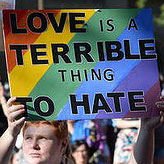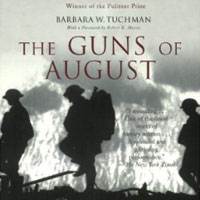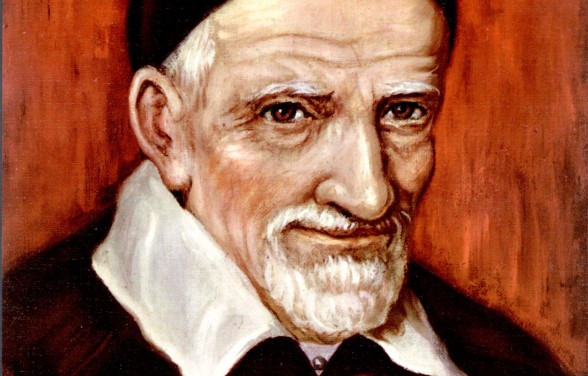Only a few weeks ago, a Triple-J radio host startled me by his outspoken defence of traditional marriage. It’s not something you’d expect to hear on the ABC!
He said nothing negative about homosexuality, but he insisted children have the right to be brought up by a mother and a father, and society has an obligation to promote this ideal. The ideal may not be the reality, but still it should be the legislative norm.
I was brought back to earth pretty quickly, when his co-host — who was genuinely and sincerely scandalised — suggested that airing such views is grossly irresponsible. Homosexuals are susceptible to depression and suicide, and it’s not only cold-hearted, but also harmful, to oppose same-sex marriage.
Now this sort of response — which is increasingly typical — is troubling for two reasons. Firstly, instead of engaging with ideas, it shuts down debate. Not good!
Secondly — distressingly — this response may well be true. Many gays and lesbians really do feel not only discriminated against, but also hated by opponents of same-sex marriage.
It’s logically fallacious of course: Gay-hating bigots oppose same-sex marriage, so all opponents of same-sex marriage are gay-hating bigots? That’s like saying, ‘Black swans are Australian, so all Australians are black swans.’ The trouble is, people don’t always think logically. In the debate over same-sex marriage, I think emotions have trumped reason. Heat has overcome light.
This is a thing now. A genuine moral dilemma for Christians, whose creed obliges them to defend traditional marriage and love their neighbour. Elizabeth Scalia has wrestled with it, and consequently produced a ‘playlet,’ worth reading, called Suitable Recommendations:
Gentleman: [Clearly hurt] A ‘suitable recommendation‘? That sounds so cold, what am I, a stranger? You’ve done flowers for us for years. You know us.
Florist: [Also discomfited] And if I could do flowers for you under these circumstances, I would, but—
Gentleman: But suddenly, you can’t? I don’t understand. If I came in here looking for a bouquet, or a plant, you’d help me out.
Florist: I would. Of course I would; I always have. You know me!
Gentleman: I thought I knew you. This is unreal . . . I’m shocked. I had no idea that all this time, while you were taking my business, you were hating me for being gay.
Florist: I wasn’t! This has nothing to do with that! I’ve had the privilege of working with some very talented people that happen to be gay. This isn’t about hate. It’s about—
Gentleman: [Seriously hurt] Oh, right, and some of your best friends are gay! And this is all about love, love, love, isn’t it? You love Jesus, so you have to hate me! Your religion requires it.
You can read her rationale on her blog, The Anchoress. The playlet itself is at First Things.






Recent Comments